Version 2.10 of Linchpin Theme by //SEIBERT/MEDIA lets you customize Confluence with your corporate design more comprehensively and more flexibly than ever before.
Linchpin Theme: Customize spaces in Confluence more quickly and with flexibility
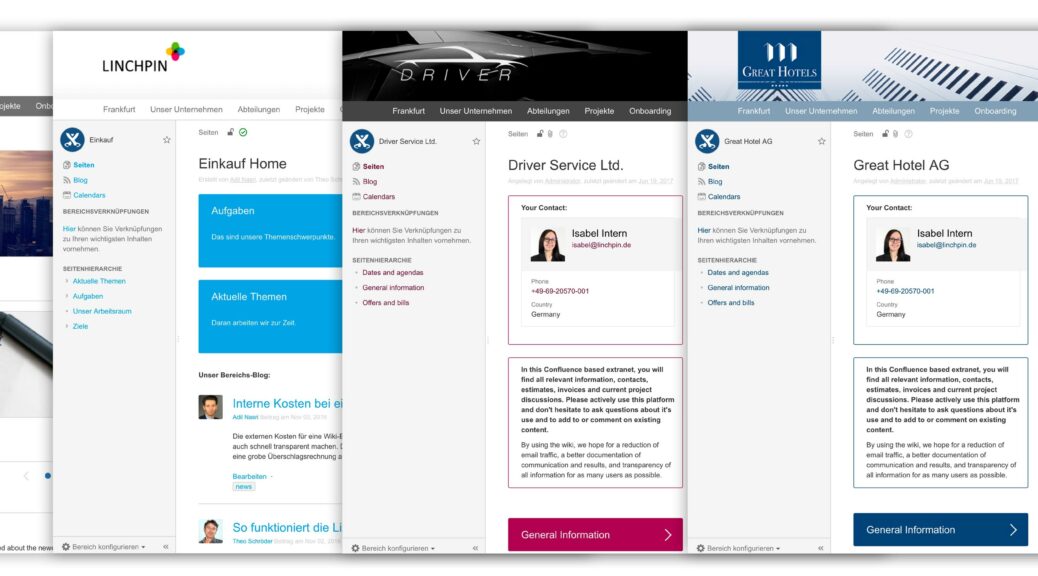

Version 2.10 of Linchpin Theme by //SEIBERT/MEDIA lets you customize Confluence with your corporate design more comprehensively and more flexibly than ever before.
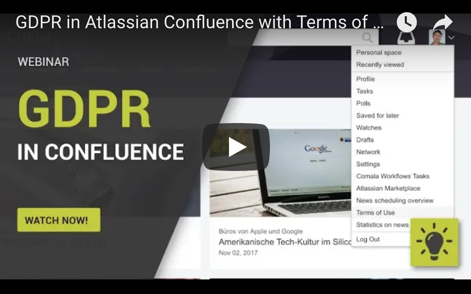
Since the GDPR, data protection has gained a great deal of importance. It affects all customer and user data, including data that converges in an extranet where customers, interested parties, partners, etc. communication and collaborate. The Terms of Use for Confluence and Space Privacy – Extranet for Confluence apps provide solutions to the new challenges surrounding data protection for Confluence-based extranet systems.
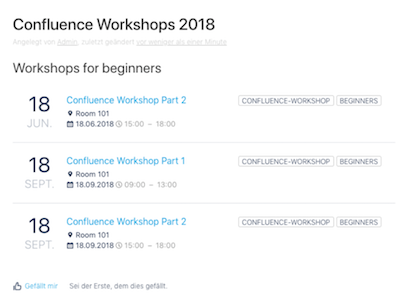
Version 1.11 of Easy Events brings you features to improve organization between businesses and teams all around the world with timezone support and a new design that your users will love.
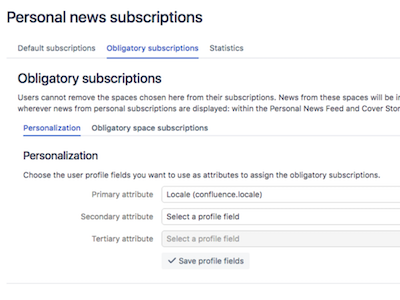
Linchpin Enterprise News is an extension for Confluence and the Confluence-based intranet suite Linchpin that complements the system with professional features for broadcasting internal company news. Our development team has just released version 2.4 on the Atlassian Marketplace. The newest features include an improved overview of news releases, increased visibility for personal news subscriptions, personalized obligatory subscriptions, and performance enhancements to the cover stories macro.
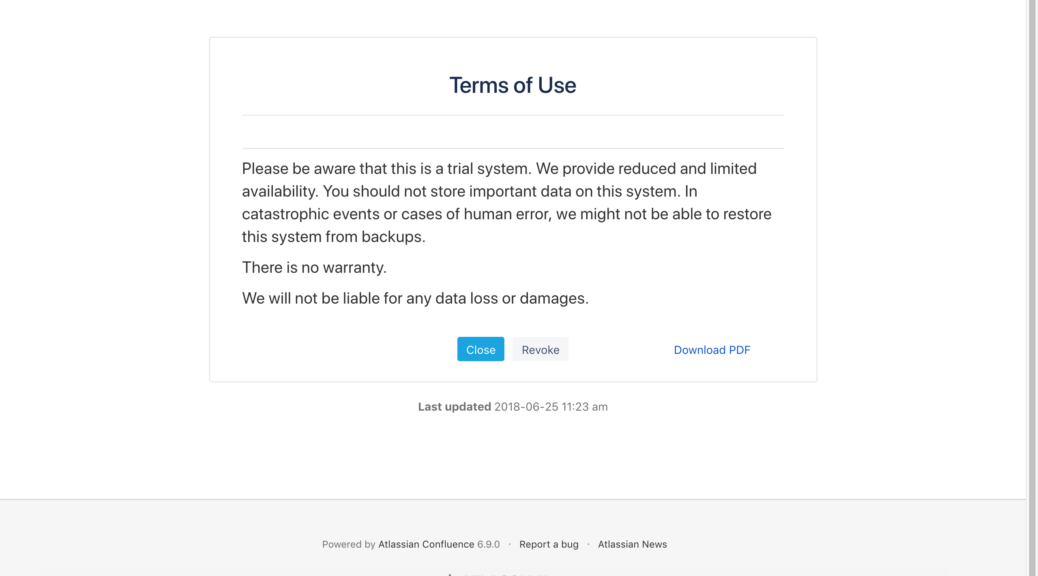
Now that the GDPR is in force, terms of use and explicit consent requests have been given a new lease on life in the internet. Because of these new legal requirements, you probably have an extended obligation to disclose how you use information and document consent from your users, partners, suppliers and more. Here’s how the updated Terms of Use app for Confluence will help you comply with the GDPR.
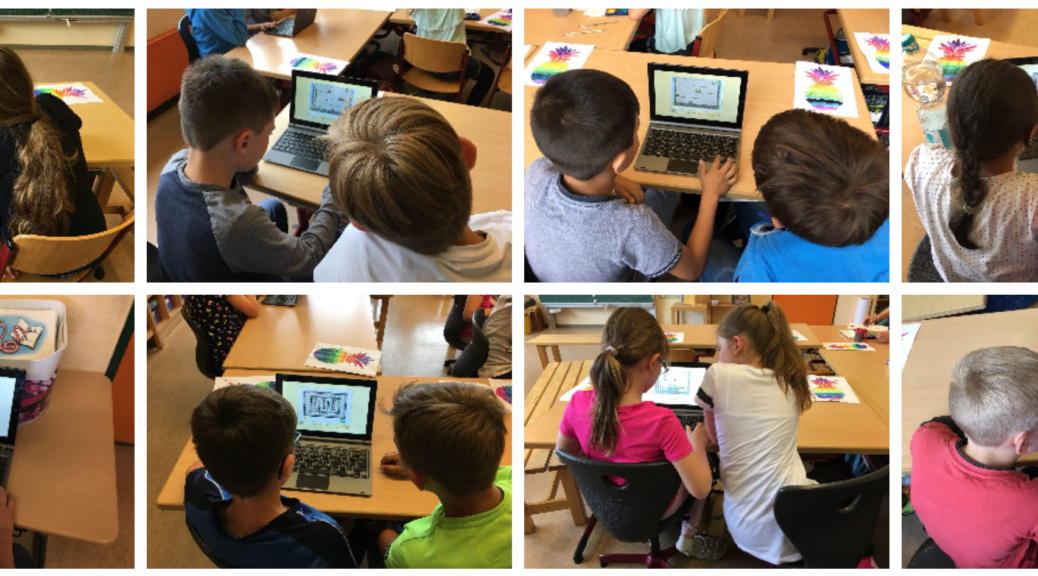
Young programmers are the future of the industry! We donated brand-new notebooks to the students of Rudolf-Dietz Elementary so they now have their very own computer lab to explore the world of computer technology.
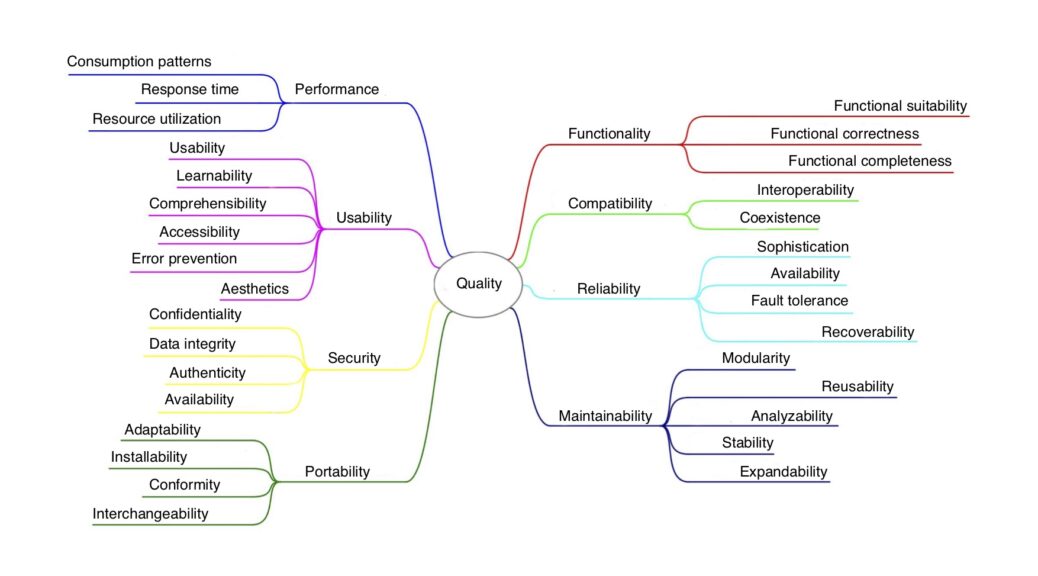
Users and customers want high-quality software that helps them to achieve their goals effectively and efficiently. It should run “smoothly,” and as “fast” and “bug-free” as possible. However, these obvious yet very general requirements are quite subjective and do not give a development team much to work with. It has to be more concrete, more specific. So, what does quality mean when it comes to software development? We will shed some light on that here.
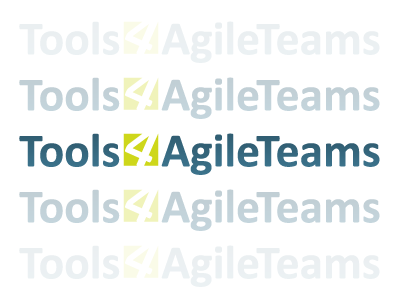
The seventh year of our Tools4AgileTeams conference in Wiesbaden is starting to take shape! It’s scheduled for the 29 and 30 November and we’ve now opened the Call for Sessions! We are looking forward to receiving your proposals around the topic: Does culture eat your agile scaling strategy for breakfast?!

Our terrace is getting greener and greener! The beautiful vegetables which we’ve been growing as a team really are something to be proud of.
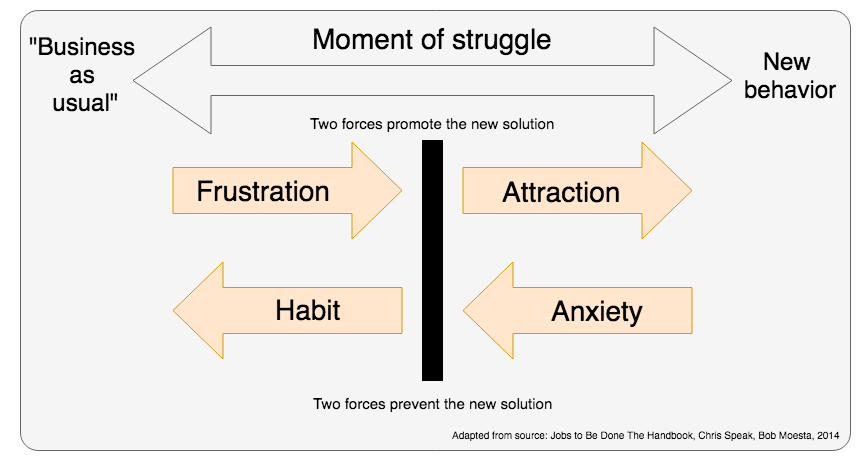
Who or what is my competition? Which product categories am I competing against? Could my own customer even be a potential competitor for the “job” at hand? Defining our “competitors” too narrowly does not provide a true reflection of the competitive landscape, nor does it help to explain why customers switch from one solution to another. So, how do we define our competitors accurately?
You are currently viewing a placeholder content from Facebook. To access the actual content, click the button below. Please note that doing so will share data with third-party providers.
More InformationYou are currently viewing a placeholder content from Instagram. To access the actual content, click the button below. Please note that doing so will share data with third-party providers.
More InformationYou are currently viewing a placeholder content from X. To access the actual content, click the button below. Please note that doing so will share data with third-party providers.
More Information